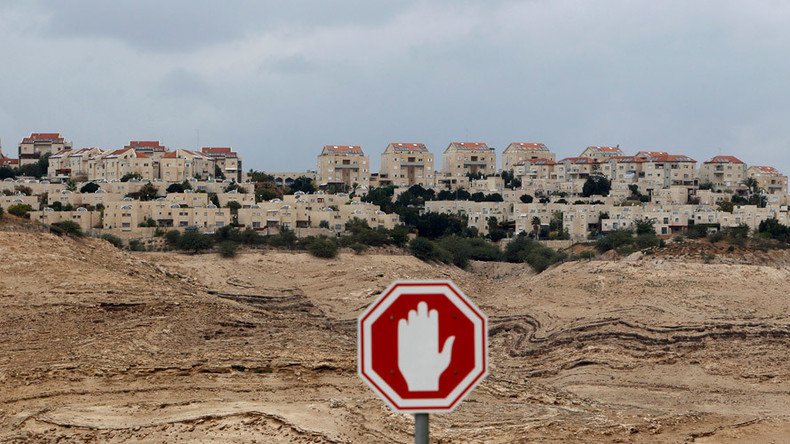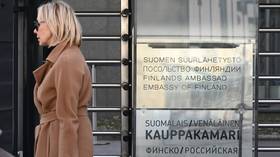HRW urges businesses to obey human rights laws, cut ties with Israeli settlements

Human Rights Watch has issued a damning report on Israel’s illegal settlement activity in the occupied territories, urging businesses to comply with the international humanitarian law and stop any activity that violates Palestinians’ rights.
A report dubbed, Occupation, Inc., How Settlement Businesses Contribute to Israel’s violations of Palestinian Rights urges businesses to end their activities in the settlements and also calls on governments to withhold aid to Israel.
The report details how settlement businesses contribute to Israeli discrimination against Palestinians, while profiting from resources and land that has been taken from the Palestinians.
“In many cases, businesses are ‘settlers’ themselves,” the report says, urging states worldwide to “ensure that any import of settlement goods into their territory is consistent with their duty under international humanitarian law not to recognize Israeli sovereignty over the occupied Palestinian territories.”
This would include accurately labeling goods produced in settlements, as per EU latest regulations, criticized by Israel as discriminatory.
“From some 200 territorial disputes around the world the EU chooses to discriminate only against Israel. This outlook prevents the EU from being a fair partner in resolving the conflict,” the Israeli foreign ministry stated on Monday.
HRW recommend states to “avoid offsetting the costs of Israeli government expenditures on settlements by withholding funding given to the Israeli government in an amount equivalent to its expenditures on settlements and related infrastructure in the West Bank.”
Q&A: How Settlement Businesses Contribute to Israel’s Violations of Palestinian Rights https://t.co/VaGW6wWiDKpic.twitter.com/q9yUjloJmz
— Human Rights Watch (@hrw) January 19, 2016Settlement businesses benefit from the confiscation of Palestinian land, and HRW believes they “contribute to the further confiscation of Palestinian land, restrictions on Palestinian access to their lands, and their forced displacement from these lands.”
Businesses also benefit from financial and regulatory incentives provided by the Israeli government and discriminatory granting of permits to settlement companies, but not for Palestinian businesses.
The report compares Israeli treatment of Jewish settlements to Palestinian ones, and details a “two-tiered system in the West Bank that provides preferential treatment to Jewish Israeli settlers while imposing harsh conditions on Palestinians.”
Buyer beware: Airbnb considers illegal West Bank settlements to be in Israel, gets backlash
https://t.co/P5SSS0eKrspic.twitter.com/4xTa9jaMj7
— RT (@RT_com) January 13, 2016HRW points out Israel’s human rights obligations to all people under its control, a fact Israel denies in the case of those living in the West Bank.
“Israel's confiscation of land, water, and other natural resources for the benefit of settlements and residents of Israel also violate the Hague Regulations of 1907, which prohibit an occupying power from expropriating the resources of occupied territory for its own benefit,” it says.
The report outlines the ways in which Israel impedes Palestinian economic potential, through refusing licenses and blocking access to land. Palestinians working in the settlements are paid less than the Israeli minimum wage. The report also pointed out a number of international businesses profiting from settlement areas.
HRW has previously refrained from calling for an end to settlement business relations. But because the context of human rights abuses is “so pervasive and severe”, HRW urged “Israel’s allies – above all the United States – should strongly encourage the Israeli government to abide by its obligations and should themselves ensure that they are not contributing to or complicit in the violations of international law caused by the settlements, such as the discriminatory human rights violations that are the focus of this report.”












